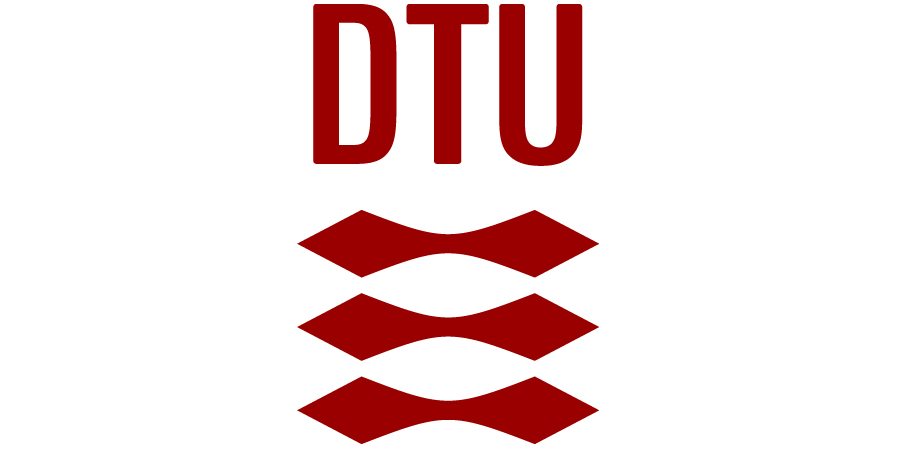Assistant Professor in Design and Simulations of Quantum Light Sources
Technical University of Denmark - DTU Electro
| Location: | Lyngby - Denmark |
|---|---|
| Salary: | Based on the collective agreement with the Danish Confederation of Professional Associations |
| Hours: | Full Time |
| Contract Type: | Permanent, Fixed-Term/Contract |
| Placed On: | 18th June 2025 |
|---|---|
| Closes: | 2nd July 2025 |
The Quantum Light Sources Group at DTU Electro is seeking a candidate for an Assistant Professor position in the field of design and simulations of highly efficient solid-state sources of single indistinguishable photons.
Single-photon sources (SPSs) play an important role in quantum information applications, which generally require near-unity efficiency and a high single-photon purity as well as indistinguishable photon emission. Furthermore, the ideal SPS should be deterministic and not involve heralding. The semiconductor quantum dot represents a promising platform for such a SPS; however, a major challenge is to establish control of the light emission.
Responsibilities and qualifications
You will participate in a project team with several Postdocs and PhD students, which will design and fabricate SPSs meeting all the requirements of the quantum information applications. The optical simulations will be performed using a combination of the modal method, representing state-of-the-art in optical simulations of SPSs, and existing commercially available techniques, e.g. finite elements modelling. The modal method will be exploited to gain insight into the governing physics of the light extraction, whereas the finite elements method will be used for large geometries without simplifying symmetries.
Your overall responsibility is to set up the numerical simulations framework to be used in the analysis of high-performance SPSs. In a collaborative effort, the team will analyse and propose novel SPS designs allowing for a good compromise between offering high performance and representing a robust design compatible with fabrication constraints. Additional responsibility includes supervision of the PhD students working on the theory and the designs and of MSc and BSc students associated with the project.
You will be required to take Learning Lab courses to develop your teaching skills.
You must be responsible for the teaching of courses. DTU employs two working languages: Danish and English. You are expected to be fluent in at least one of these languages, and in time are expected to master both.
Furthermore, you are expected to prepare research grant applications and attract external funding.
As formal qualification you must hold a PhD degree (or equivalent).
Application procedure
To apply, please read the full job advertisement by clicking the 'Apply' button
DTU Electro is the department of electrical and photonics engineering at DTU. Our research aims at understanding the nature of light and electronics and the ways in which we can control and use these. We conduct research within nanophotonics, lasers, quantum photonics, optical sensors, LEDs, photovoltaics, ultra-high speed optical transmission systems, bio-photonics, acoustics, power electronics, robotics, and autonomous systems.
Technology for people
DTU develops technology for people. With our international elite research and study programmes, we are helping to create a better world and to solve the global challenges formulated in the UN’s 17 Sustainable Development Goals. Hans Christian Ørsted founded DTU in 1829 with a clear mission to develop and create value using science and engineering to benefit society. That mission lives on today. DTU has 13,500 students and 6,000 employees. We work in an international atmosphere and have an inclusive, evolving, and informal working environment. DTU has campuses in all parts of Denmark and in Greenland, and we collaborate with the best universities around the world.
Advert information
Type / Role:
Subject Area(s):
Location(s):









